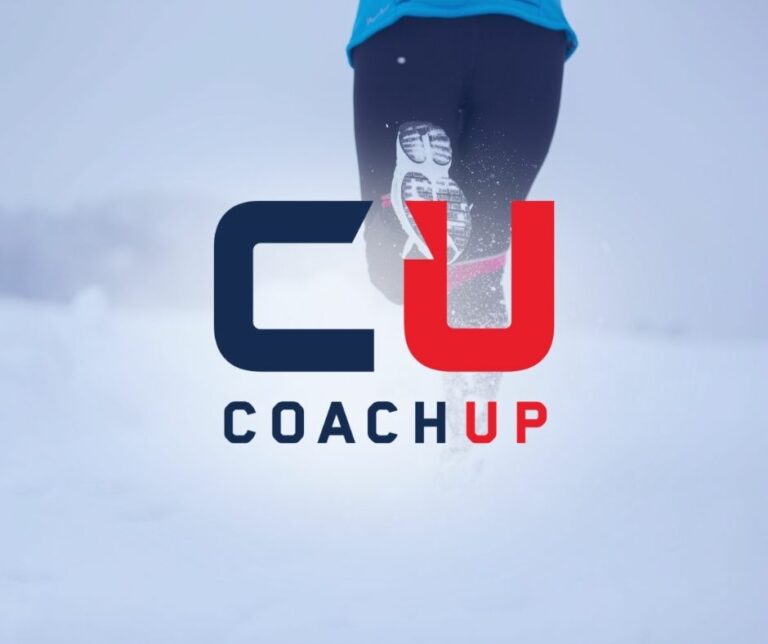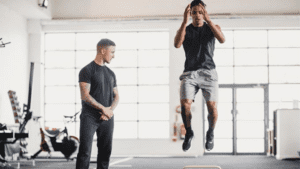Staying Hydrated When It’s Cold: Why It Matters More Than You Think
When most athletes think about hydration, they picture blazing summer workouts, sweat-drenched jerseys, and grabbing a sports drink to cool down. But in the cold, dehydration can sneak up faster — and hit harder — because the body gives fewer obvious signals.
Cold air pulls moisture from the body every time you exhale. Multiple layers trap sweat. And the cold lessens thirst, so athletes drink less without realizing it. The result? Reduced strength, slower reaction time, poor decision-making, and increased injury risk.
Hydration isn’t a summer-only habit — it’s a year-round performance tool. And in winter, it’s a competitive advantage for athletes who take it seriously.
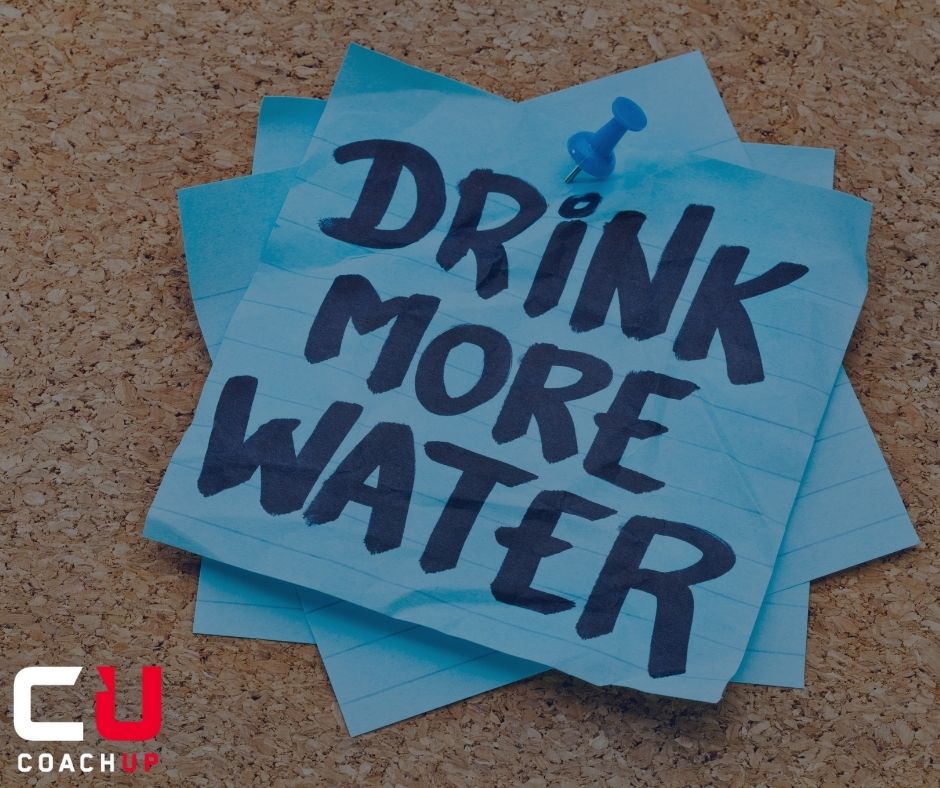
Why Hydration Feels Harder in Cold Weather
Cold environments change the way the body handles fluid. Athletes still lose plenty of water, it’s just less noticeable.
Here’s what’s going on behind the scenes:
- Reduced thirst response makes it harder to notice dehydration
- Dry, cold air increases fluid loss through breathing
- Extra clothing causes sweat to evaporate quickly instead of dripping
It’s easy to think you’re fine because you’re not drenched in sweat, but your body knows better. Proactive hydration is essential for optimal performance even when you don’t notice the typical symptoms of dehydration.
Smart Hydration Strategies for Winter Training & Games
Cold conditions call for a more intentional hydration plan. Follow these tips to stay ready from warm-ups to the final whistle!
Drink Before You Feel Thirsty
If thirst is your signal, you’re already behind. Aim to drink steadily throughout the day leading up to practices and competition, not just on the way to the field. Definitely not as a reactive response. Feeling thirsty is a sign that you’re already dehydrated; cold-weather activity may seem manageable with less water, but your body will use it up all the same.
Quick Tip: hydrate like you have an early morning game every day.
Stick With Room-Temperature or Warm Fluids
Cold drinks already feel unappealing when it’s freezing outside. Fluids closer to body temperature are easier to consume and help maintain core warmth.
Good options:
- Water or electrolyte drinks at room temp
- Warm herbal tea with electrolytes before you leave the house
Quick Tip: keep bottles inside jackets or insulated sleeves so they don’t freeze.
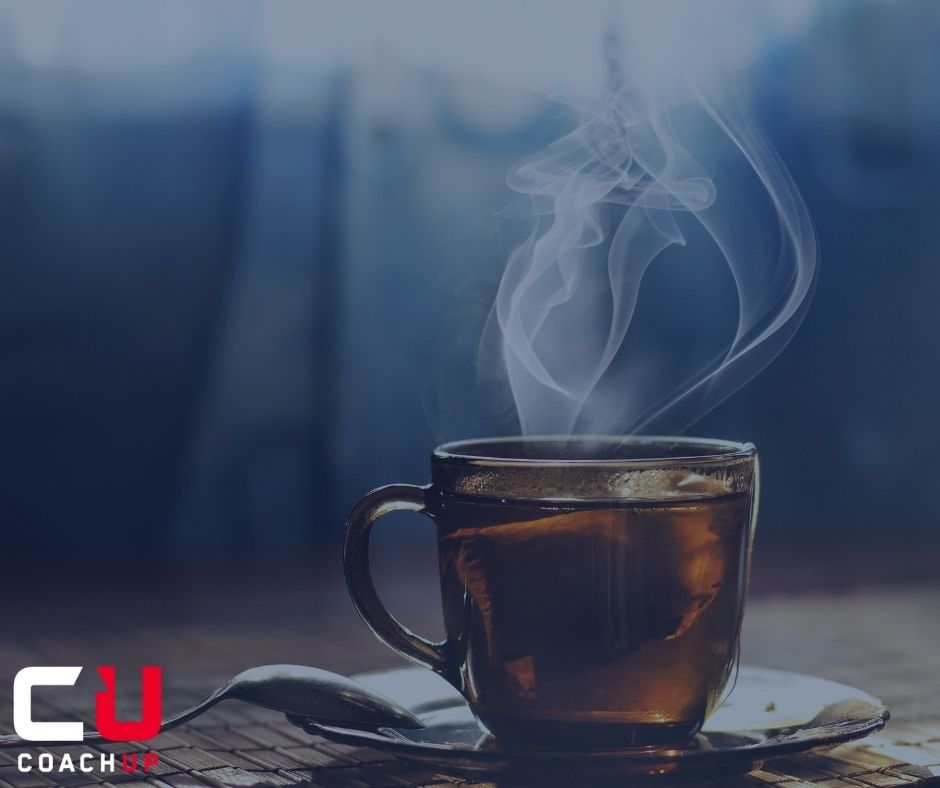
Pack Hydration Equipment That Works in Winter
Cold-weather athletes should prepare their gear the same way they prep uniforms and gloves.
Helpful gear includes:
- Insulated bottles
- Wide-mouth containers (less likely to freeze shut)
- Hydration packs worn under outer layers
If fluids freeze, you lose the opportunity to drink, your performance will take a direct hit.
Use Electrolytes To Support Balance
Winter sweat loss may be harder to see, but the body still loses sodium and other key minerals that keep muscles firing and energy steady.
Electrolyte tabs, powder packs, or lightly salted snacks help balance fluids and avoid cramping or fatigue.
Set Hydration Breaks
Cold tricks the brain into missing the thirst cue, so you should schedule hydration into your performance plan.
Examples:
- Drink every 20 minutes at practice
- Sip during substitutions
- Drink up during halftime or between periods
Small sips consistently = stronger performance late in the game.
Common Mistakes to Avoid
Athletes often hurt performance in the cold without meaning to. Avoid:
- Waiting to feel thirst to drink
- Skipping hydration because it’s cold
- Packing ice-cold drinks
- Overlooking electrolytes
Simple adjustments go a long way toward keeping energy up and staying sharp through all four quarters, sets, or periods.
Building Winter Hydration Into Your Routine
Strong hydration habits don’t happen by accident — they come from preparation and consistency. Athletes who train in cold weather and continue hydrating like it’s the summer season will perform better, recover faster, and stay healthier.
Cold-weather competition requires discipline. Consider staying fueled and hydrated as your to the long-term process of becoming a durable, high-level athlete.
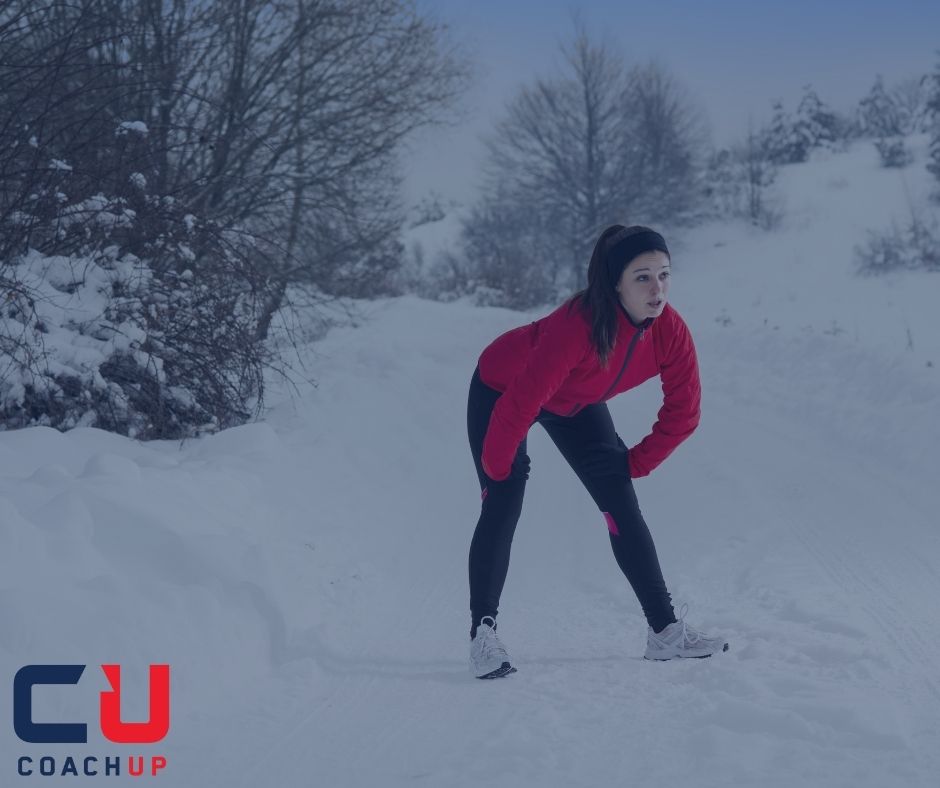
CoachUp Nation Athlete Checklist
Cold Weather Hydration Essentials
✅ Drink before workouts, not just during
✅ Sip room-temperature or warm fluids
✅ Carry insulated bottles or hydration packs
✅ Add electrolytes, especially on long or intense days
✅ Follow a pre-during-post hydration plan
✅ Don’t wait until you feel thirsty
Peak performance happens when hydration becomes a habit — not a reaction.
With our 100% money-back guarantee and vetted coaches, anyone can achieve their full athletic potential. CoachUp is the safest and easiest way to find a coach for personalized training. Find your perfect coach today and become the athlete you want to be!
How useful was this post?
Click on a star to rate it!
Average rating 4 / 5. Vote count: 1
No votes so far! Be the first to rate this post.

